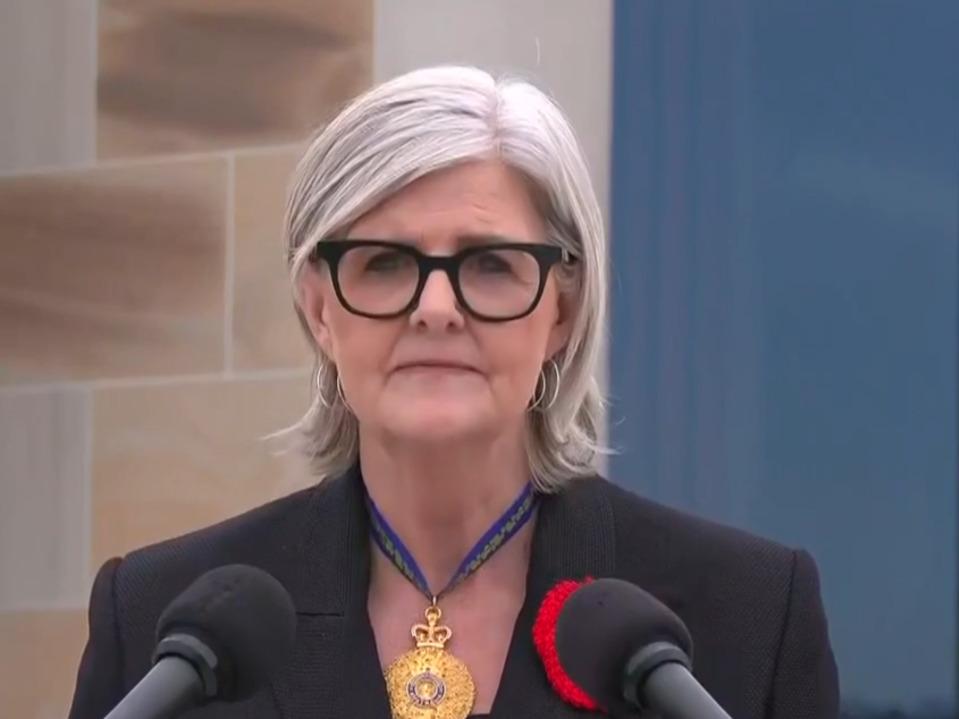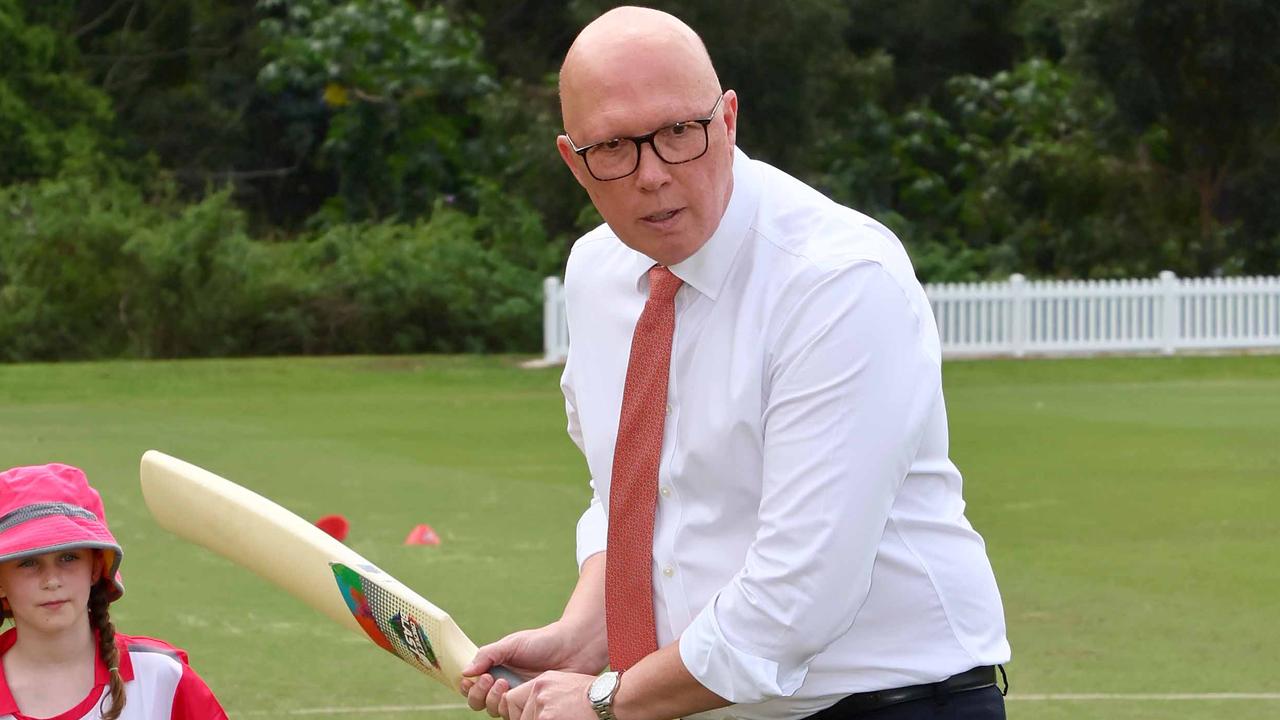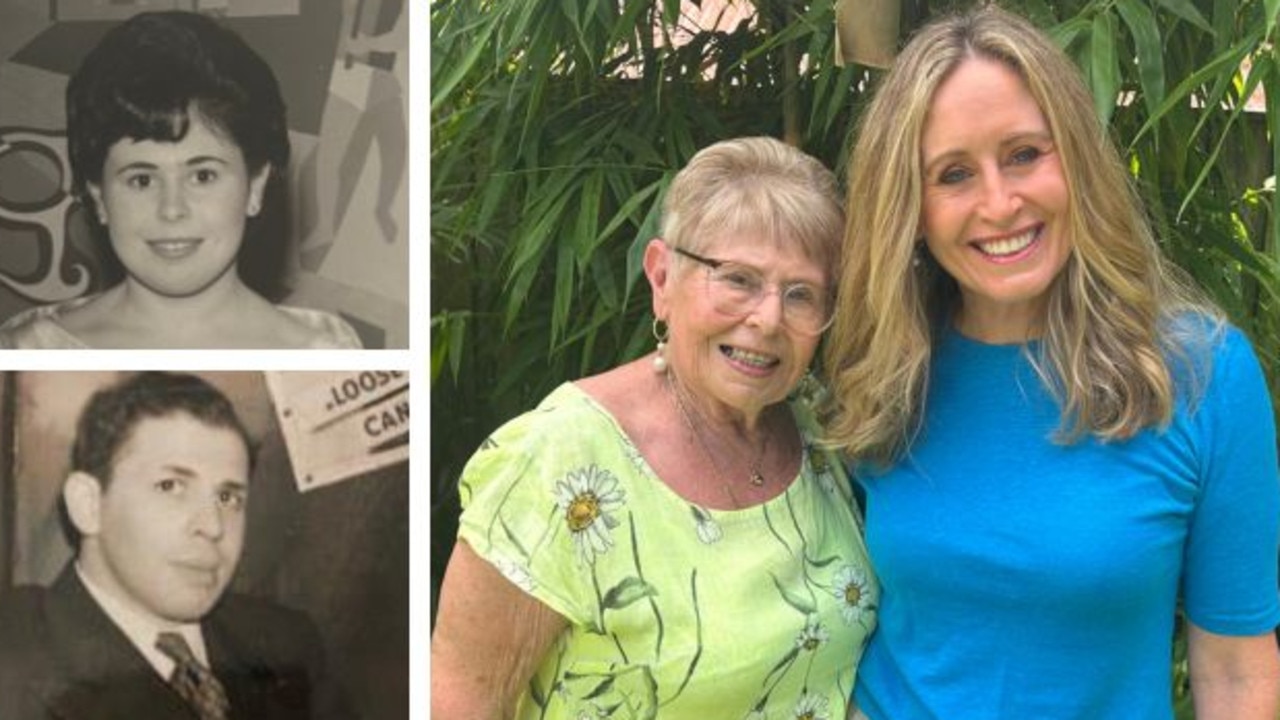Opinion: War memorial exhibit shreds reputation of veterans
The Australian War Memorial has announced it will host an exhibit that validates mere allegations of war crimes — despite the absence of any trials, let alone convictions, writes Gray Connolly.
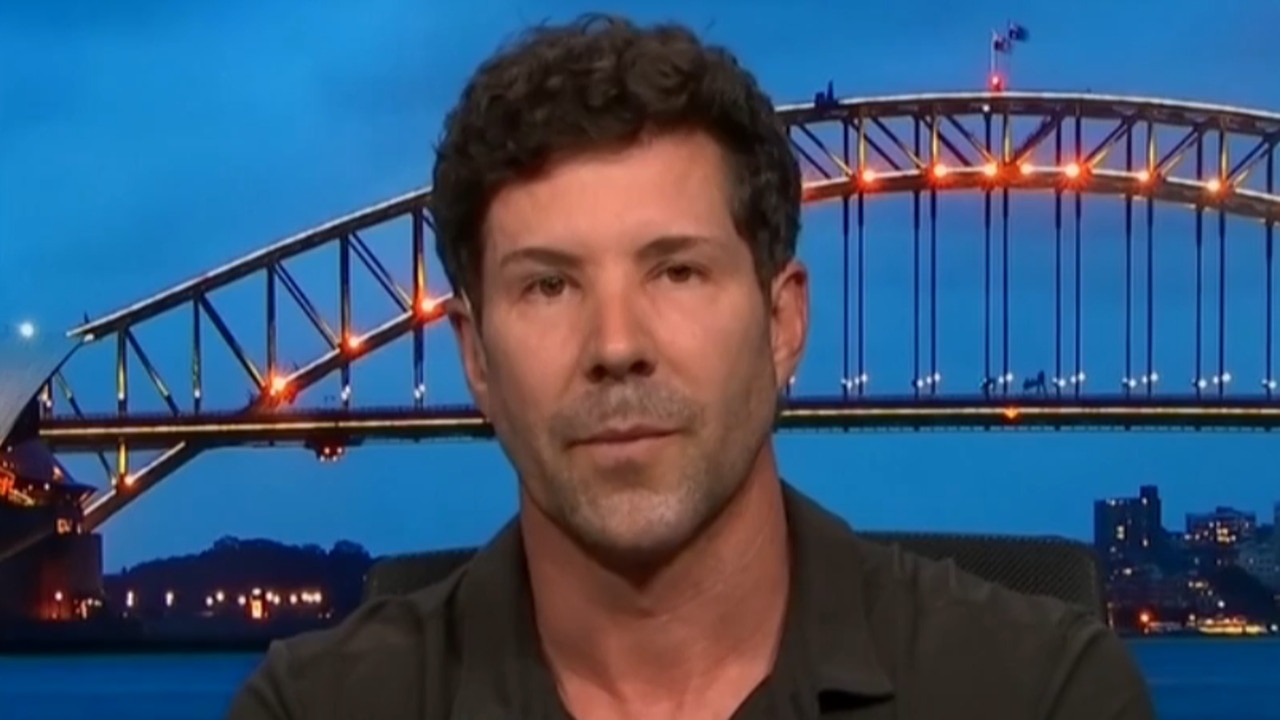
Opinion
Don't miss out on the headlines from Opinion. Followed categories will be added to My News.
I still remember coming home at Christmas from my first Iraq and Afghanistan deployment.
All of us came home in civilian clothes — our uniforms, boots, kit, equipment, packed away in duffel bags and trunks.
We did not look like men and women who, only days before, were being shot at, rocketed, mortared, and/or bombed, in various operational areas.
My beloved parents in the Southern Highlands, who would pass away not long after my next deployment, had been warned not to come to Sydney Airport, as there were fears of anti-war protests.
As I cleared customs and the baggage claim, jet-lagged and half awake, the logistics of how I would get home to Bowral suddenly loomed large.
How would I get to Central Station to get a train, with all my gear? Should I instead go to an ATM to get cash to just pay a taxi driver? Would my ATM card even work after so long away? What of Christmas timetables?
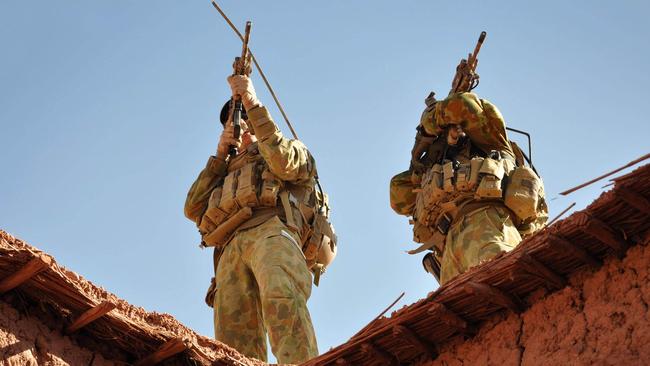
Providentially, though, as I left the terminal, I found my now late father (never one to follow bureaucratic diktats) waiting outside the terminal’s doors, smoking his cigar, and awaiting the cafe’s delivery of his strong latte, as was his wont.
While we never had any ‘welcome home’ parade, the embrace of my late father and then my late mother, when I arrived home, finally, at our family property in Bowral, was worth so much more.
To be clear, I was a naval officer, I was a willing volunteer, and I did, after all, get home, alive. Above all, I had deployed before and I knew what I was getting myself involved in. But the lack of concern for my late parents while their youngest was away, was sadly not unique.
Some 40,000 to 50,000 Australians served in the Middle East in recent conflicts.
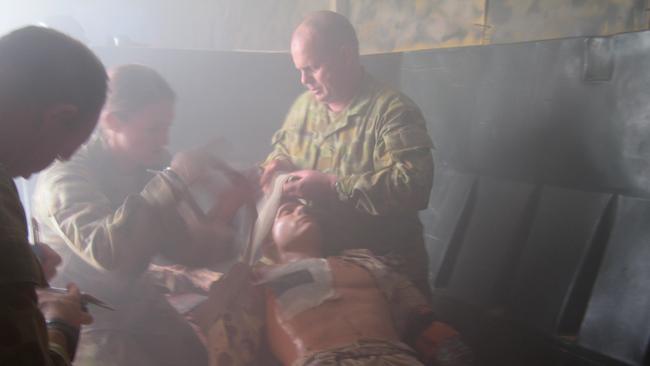
All of their worried and anguished families, too, served Australia, just as much as those at the sharp end.
But this weekend’s news from the Australian War Memorial — released during the parliamentary adjournment and the run-up to Christmas, so it could be buried — is yet another instalment of the ‘Canberra brain’ disregard for the families of those who served.
The War Memorial has announced that it will now house an exhibit that focuses on the war crimes investigation done by Major-General Paul Brereton, which alleged (I stress, alleged) that serving and former ADF members participated in — and covered up — alleged war crimes.
Yet, despite General Brereton’s investigation commencing in 2016, finishing in 2020 — and despite millions of dollars spent on this probe — there is in December 2024 only one prosecution on foot.
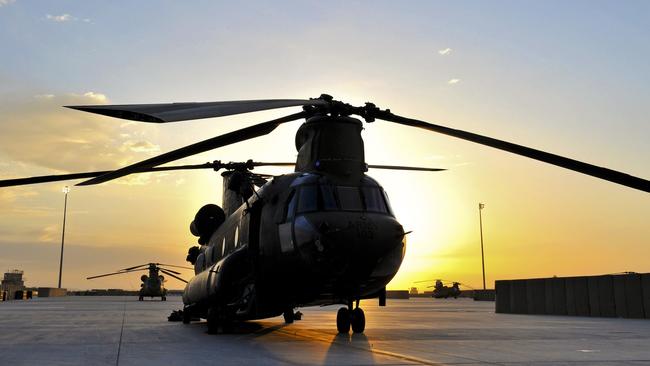
Yes, you read that correctly: despite tens of thousands of Australian veterans of recent wars, only one – yes, one – has ever been charged with a war crime.
And yet the Australian War Memorial has announced it will host an exhibit that validates these mere allegations of war crimes – and despite the absence, almost a decade later, of any trials, let alone convictions.
Why would the War Memorial lend its imprimatur to what are, all these many years later, still mere allegations?
Why would the War Memorial want visiting families and especially children of veterans – who may have a parent struggling to put the war behind them – to think that their father is or may have been a suspected war criminal?
What is the real agenda here?
It cannot escape notice that the War Memorial has been repeatedly targeted by progressive ideologues for new offensives in their unending ‘culture war’ against mainstream Australia.
In 2013, for example, there was a determined and quite disgraceful campaign to remove “Known unto God” from the War Memorial’s tomb of the Unknown Soldier.
As I wrote in this paper in 2019 when defamations made then of Australia’s military history had laid this agenda bare: “In order for a political insurgency to win, the nation’s traditions and institutions, not just its laws, must be discarded.”
If our War Memorial willingly capitulates to unproven allegations of war crimes – giving institutional weight to this culture war – it libels all those who served honourably in our distinctly Australian tradition.
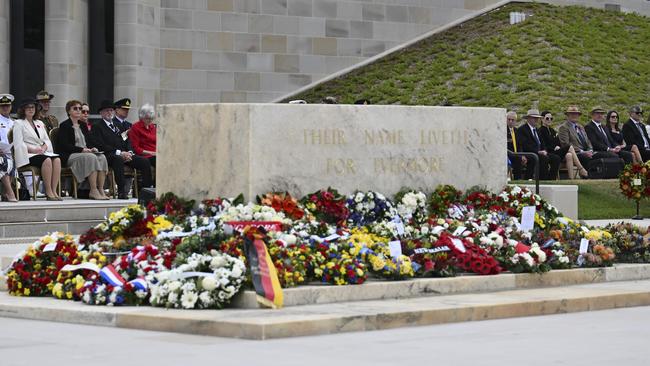
It begs, also, the question of whether similarly unproven allegations of Australian war crimes in other conflicts, such as the Vietnam War, will also be given an exhibit? Where do these historical calumnies end?
One can only hope that parliamentarians and Defence officials reading this will find some moral fortitude.
Or what parents, like mine, will want their young son or daughter entrusted to the care of such irresolute and timid ‘leadership’?
We rely on the War Memorial to conserve and tell Australia’s war history truthfully, without political agendas, but especially for our veteran families’ benefit.
The War Memorial is our sacred place. Sadly, I never got to visit the memorial with my late parents. But they treasured for their few remaining years a sketch done of me in the Middle East by the memorial’s war artist.
Now, tragically, the memorial’s artistry seems of an altogether malevolent kind.
Gray Connolly is a Sydney barrister and writer. He served previously as a Naval Intelligence officer, including in the Middle East and Afghanistan.

